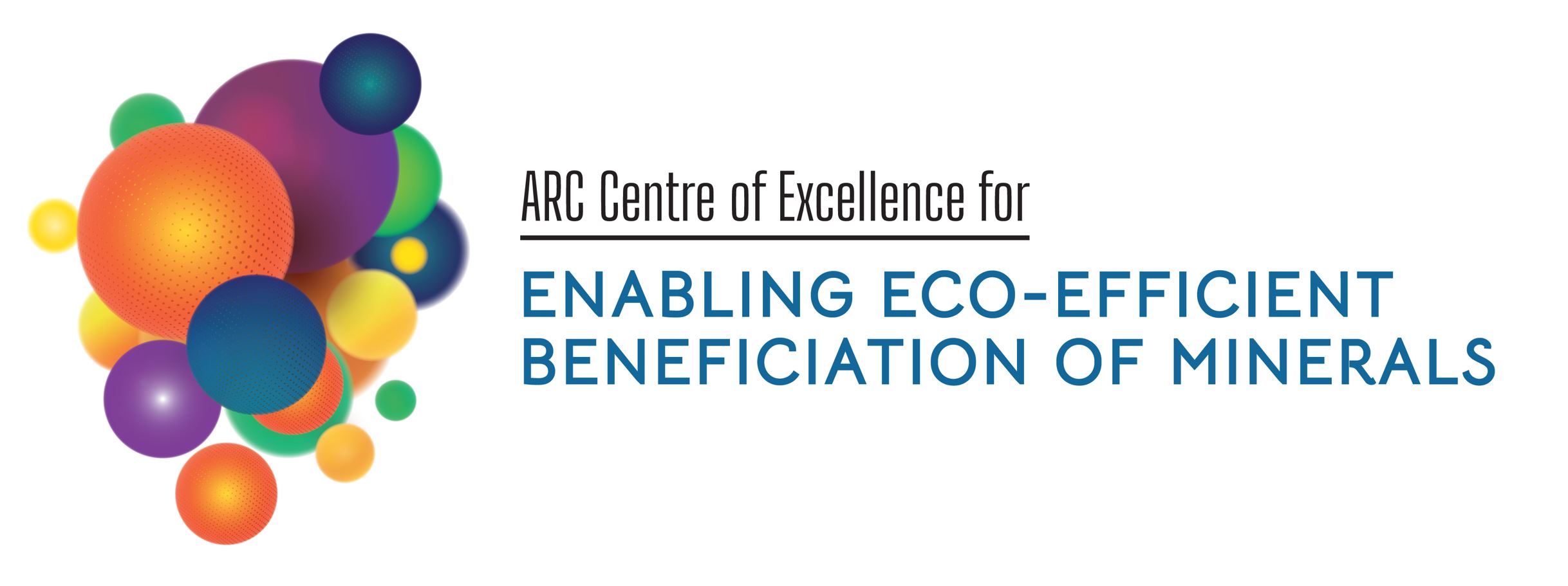With the support of the world’s leading resources universities and Australia’s mining industry, the Australian Research Council (ARC) Centre of Excellence For Enabling Eco-Efficient Beneficiation of Minerals (COEMinerals) is perfectly placed to develop the tools to ensure sustainable progress.
New methods of reducing tailings and maximising water recovery will also be developed, which will not only save energy and reduce the loss of high-value minerals but also significantly reduce the industry’s environmental footprint.
Collaboration with industry, government and universities across disciplines is core to the Sustainable Minerals Institute because of its demonstrated success in developing innovative solutions. One of the most exciting aspects of this project is it is bringing together experts from the country’s leading universities, companies, and international research partners to advance sustainable mineral processing.
The industry is developing economically and environmentally sustainable technology to meet the growing demand for metals, which itself is driven by the need for low carbon energy technologies required to address climate change. This is a space that the Julius Kruttschnitt Mineral Research Centre (JKMRC), the largest minerals processing research centre in Australia, is uniquely equipped to contribute with applied industry impact.
Background
The ARC COEMinerals is a collaborative research Centre established between 9 Australian Universities:
- The University of Newcastle (administering organisation)
- The University of Queensland (UQ)
- Deakin University
- The University of Melbourne
- Monash University
- University of South Australia
- Curtin University
- University of New South Wales
- The University of Adelaide
The ARC COEMinerals is funded by the Australian Government through the Australian Research Council Centres of Excellence funding scheme.
Aims
Our research aims to focus on the core of minerals processing – particles size – and how coarser particles can increase robustness, efficiency, and speed of separation and, therefore, energy efficiency.
Objectives
The main objective of the ARC Centre is to develop new methods of reducing tailings and maximising water recovery, which will not only save energy and reduce the loss of high-value minerals but also significantly reduce the resources and minerals industry’s environmental footprint.
UQ Node Leads
Associate Professor Liza Forbes
View Liza Forbes' researcher profile
Dr Susana Brito e Abreu
View Susana Brito a Abreu's research profile
Key UQ contacts
Dr Ünzile Yenial Arslan
View Ünzile Yenial Arslan's research profile
Andrea Gray
View Andrea Gray's profile
UQ based projects
Within the ARC Centre, JKMRC's Flotation Chemistry Group is involved in the following projects:
- Characterisation of clays, including the role of salts in copper flotation
- Investigation of direct reagent addition to bubble surfaces via the gas phase on hydrophobic particle recovery
- Ultrafast particle recovery through formation of small hydrophobic aggregates
- Measurement of surface chemical heterogeneity at the micron scale
- Ultrafine particle deposition and adhesion with permeable hydrophobic surfaces
- Development of bio-polymer collectors for selective flotation of specific minerals
Contact us
Get in touch to learn more about our research.

